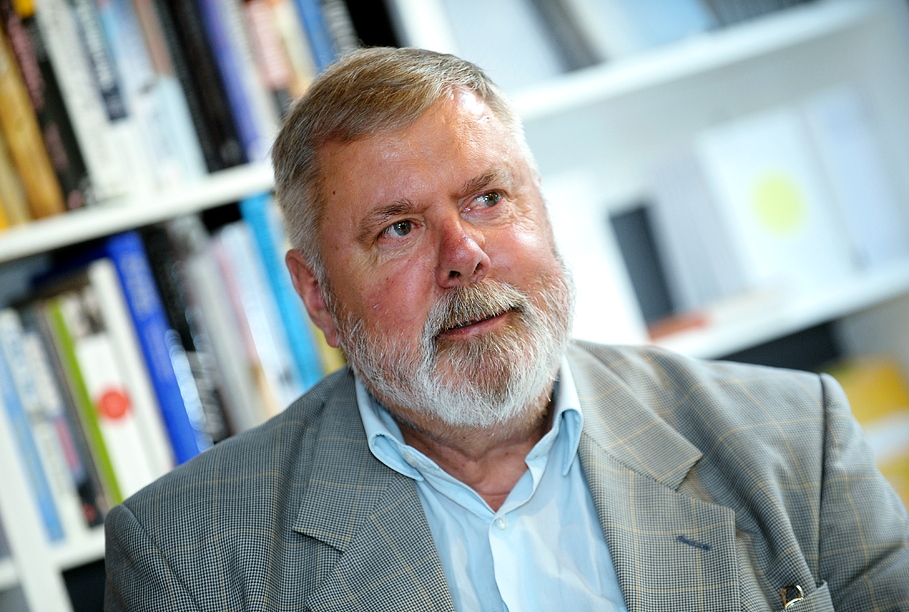On Tuesday the government ruled to dismiss the commission’s deputy head Kristīne Jarinovska at its regular meeting.
Kangeris announced later in a press release that "there is no point for Kangeris to work on the commission any longer, that it is run by Rasnačs, who has assumed the role of ‘patron of sciences’."
From the very beginning, Kangeris said he has considered the reforms proposed by Rasnačs in the makeup of the commission to be unacceptable. He also claimed that important information had been withheld from the commission. In its February 27 meeting the Commission strongly criticized the attempt to dislodge any of its members with the intent of changing its composition, however its position was not taken into account in today’s decision.
Rasnačs’ declarations that the ministry is responsible for the results of the commission’s research flies in the face of the separation of politics from science, as well as raises suspicions about possible political motives behind the move, he went on.
“Scientists will not subject themselves to being used as decorations, made to dance to the politicians’ tune,” he said. The Ministry’s annotation to the agenda of Tuesday’s Cabinet meeting still states that it wants “gradually” to make changes in the composition of the commission, despite no hesitation by the Cabinet in moving forward with today’s firing of Jarinovska.
The dismissal of the former Education and Science Ministry State Secretary, which he called "Rasnačs' doing", was a politically motivated and undemocratic decision, said Kangeris. Rasnačs has yet to give any objective reasons for why such changes were necessary, he added.
Kangeris explained he does not understand how the commission and its experts will be able to work in the future now that the commission is being treated as a "supervisory body" while its actual scientific research work is being hindered. "If Rasnačs is the head of it, then he should be the one to sort it all out," said Kangeris.
The Justice Ministry said previously that the commission should be made up of qualified and motivated persons, and persons who lack such motivation or qualification should be dismissed from it. In its amendment to the Law on the Use of KGB Documents the Saeima in 2014 replaced the first article’s term “political assessment” with the redaction “scientific assessment.”
The special government-appointed Commission for the Study of KGB Materials was formed after Saeima ruled that such a research study of the available documentation must proceed before the entire archive is made freely accessible to the public. It has been clear for a long time that the records are not fully complete and therefore cannot serve as evidence for establishing the fact of collaboration by informants with a repressive agency of the Soviet Union. The end of May, 2018 has been set as the time for opening the KGB archives to the public.






























